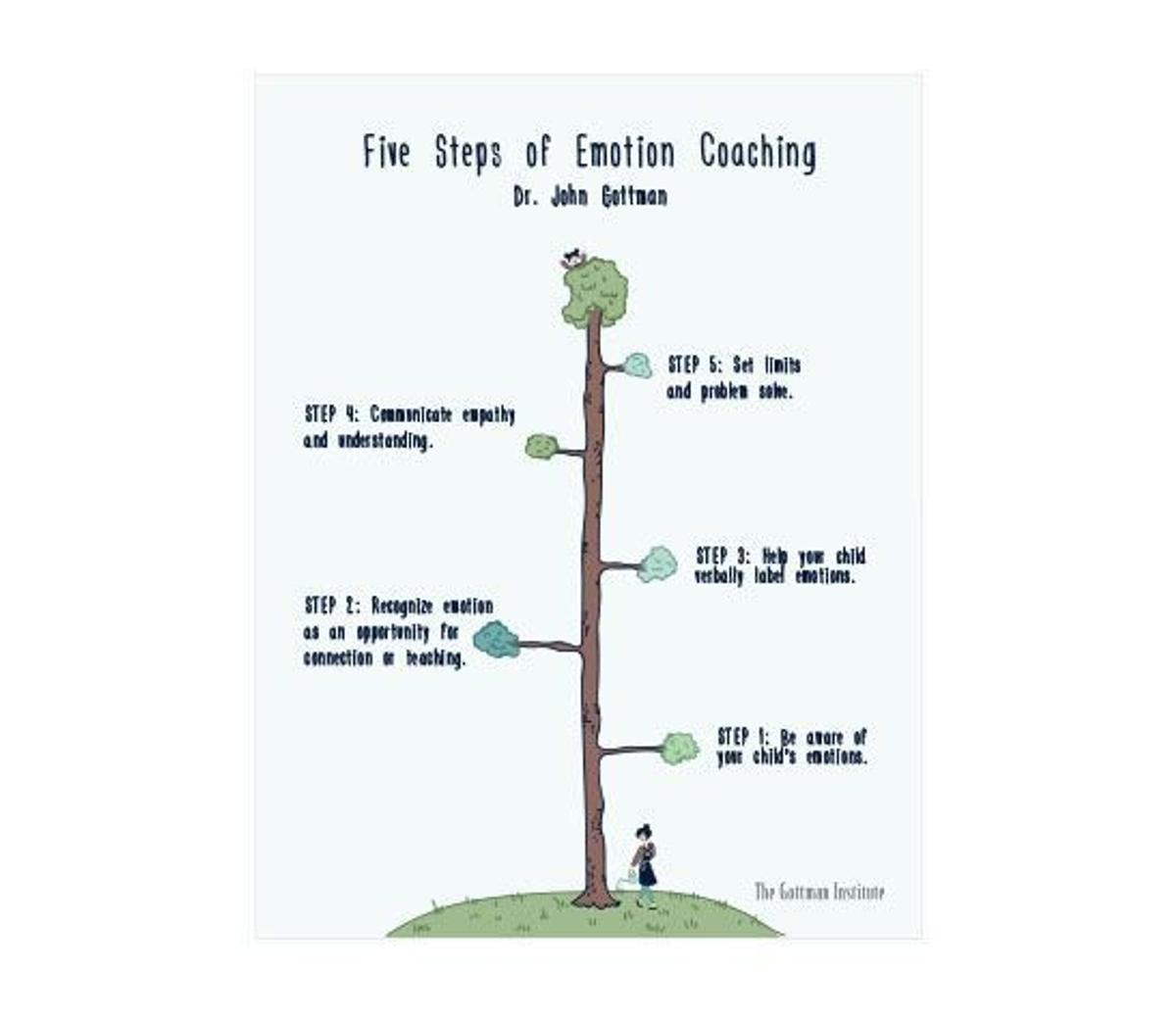Emotion Coaching in a Problem Solving World

School is well and truly back, and although not exactly the same as how a new year started in 2019, there are many enjoyable aspects to the beginning of the school year, such as being able to enjoy celebrations like the swimming carnival together. It is however important to recognise how much our students have had to change and adapt over the last two years.
Although we have shifted our thinking to ‘living with Covid’, it doesn’t mean that we are living like we did pre-covid. Human beings are incredible at adapting to new situations, however, the constant adapting and unknowns can be challenging for all of us. We also thrive on certainty and predictability, so not having consistency for so long can lead to exhaustion and for some people higher levels of anxiety and depression.
This term we are running a program for parents in the early years called Tuning in to Kids. It is a parenting program developed by The University of Melbourne and focuses on building emotional competence and intelligence, which is very aligned to the RULER program students experience across the school.
Although we are currently running the program for Prep-Year 2 parents, the basis of emotion coaching can be useful for any age range, including adults. Emotion coaching was first developed by Dr. John Gottman, who has spent many years researching relationships, including parenting, and concluded that good parenting lies in the understanding of the emotion behind the problematic behaviour.
Now more than ever, it is so important to understand the emotions we are all experiencing, and instead of distracting ourselves from them or turning away from them, we can experience and understand them. In a world that promotes distraction, ‘getting on with it’ or not allowing the pause to reflect, it can be difficult not to jump straight to moving away from the emotion quickly and problem solving.
Gottman developed emotion coaching techniques to assist parents with helping to understand the emotion behind the behaviour, often before the behaviour escalates. Although these steps (below) sound quite simple when written down, it can be very challenging not to jump straight to problem solving as we are wired to step in and resolve a problem quickly.
- Be aware of your child’s emotion
- Recognize your child’s expression of emotion as a perfect moment for intimacy and teaching
- Listen with empathy and validate your child’s feelings
- Help your child learn to label their emotions with words
- Set limits when you are helping your child to solve problems or deal with upsetting situations appropriately
Thinking about how we have all had to adapt in the past two years, emotion coaching is a great approach in validating a young person’s experience and helping them sit with an experience and emotion. Your child may be finding it more challenging to separate into school or find navigating friendships and social norms overwhelming. Validating the feelings of worry or overwhelm and allowing your child to have the space to experience comfort of being listened to without problem solving can be really powerful. Reflecting on the context of the world our children have lived in, it is very normal for a young person to experience these challenges when they haven’t attended school with predictability and stability for the last two years. It will take time for us all to adapt once again to the new ‘covid normal’ and in the meantime, we need to be gentle on ourselves and our children to validate their emotions and experiences without the immediacy of problem solving. So next time you or your child experiences a challenging emotion, allow space to sit with that emotion and validate it. Often you will find riding the emotional wave a difficult but very valuable experience, that doesn’t require problem solving.
Ms Brydie Huggins
Senior Counsellor

